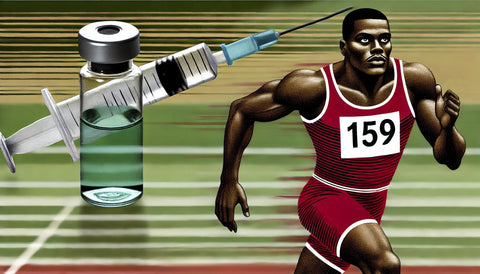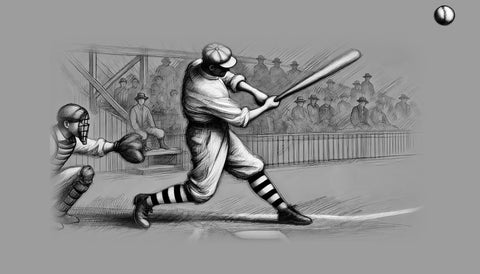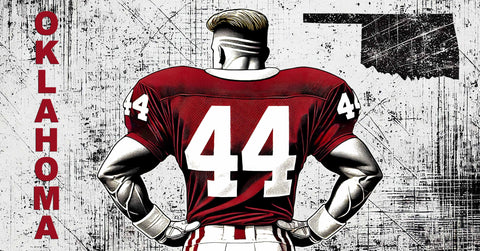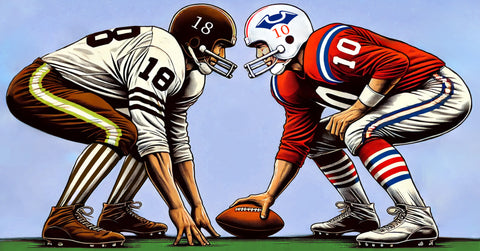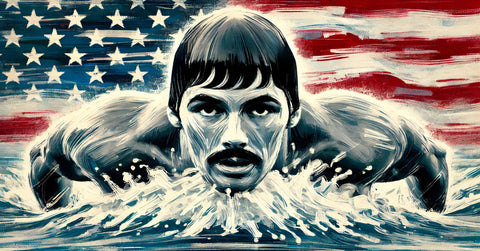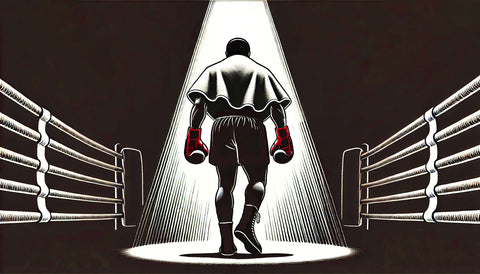
Aug 4, 1936: Jesse Owens wins his second gold medal at the Berlin Olympics
Share
On August 4, 1936, Jesse Owens captured his second gold medal at the Berlin Summer Olympics in the long jump. This was part of his remarkable feat of winning four gold medals, directly challenging Adolf Hitler’s claims of Aryan supremacy for the world to see.
Jesse Owens had already made a significant impact on the international stage at the young age of 21. On May 25, 1935, during the Big Ten Championships in Ann Arbor, Michigan, Owens, an undergraduate at Ohio State University, set three world records and tied another within an hour. He started by running the 100-yard dash in 9.4 seconds, tying the world record. Shortly after, he broke the world record in the long jump with a leap of 26’8 1/4″, a record that stood until 1951. Owens then set another world record in the 220-yard dash at 20.3 seconds and concluded his extraordinary performance by running the 220-yard hurdles in 22.6 seconds, his third world record of the day. This phenomenal display of athleticism captivated the United States, and the world eagerly anticipated his performance at the 1936 Olympics .
Owens went on to win his third gold medal and set a second Olympic record in the 200 meters the following day. On August 9, he helped his team set a new world record in the 4x100 meter relay with a time of 39.8 seconds. Owens and Ralph Metcalfe replaced Marty Glickman and Sam Stoller, the two American Jews originally scheduled to run the relay, in a move that was widely criticized as a concession to Hitler and the Nazi regime.





